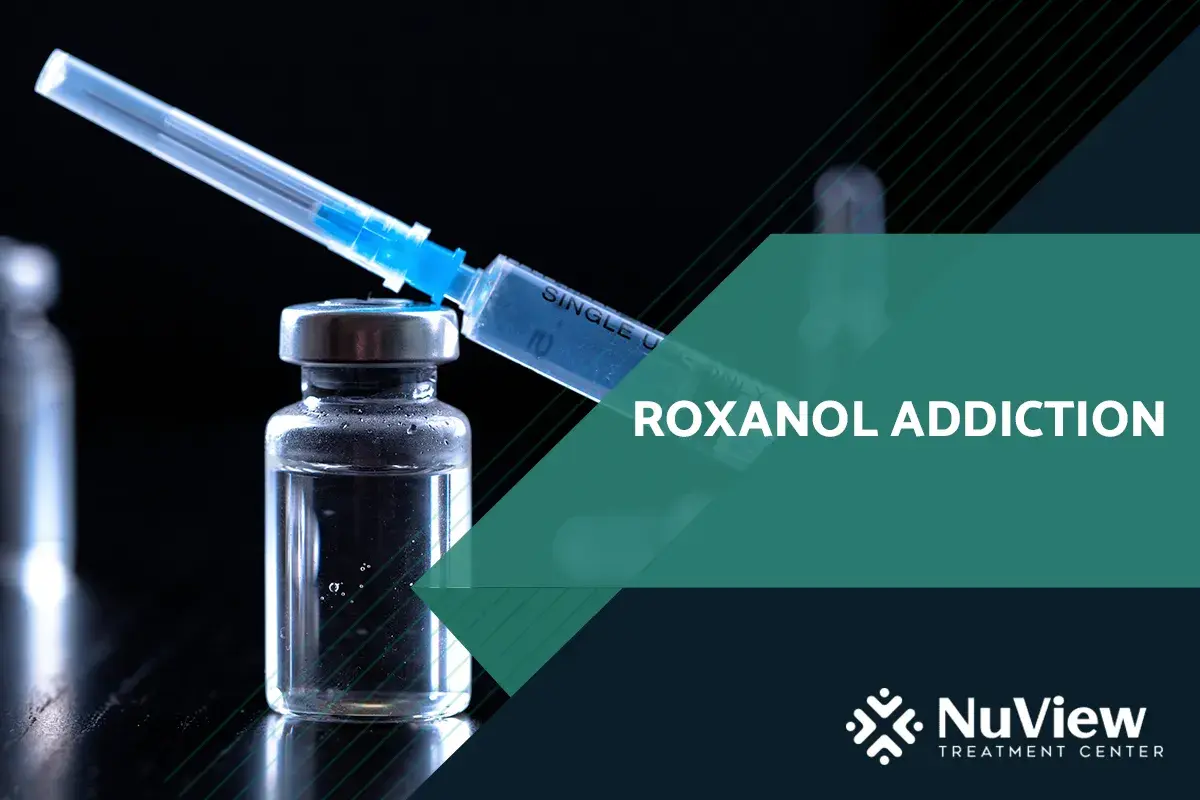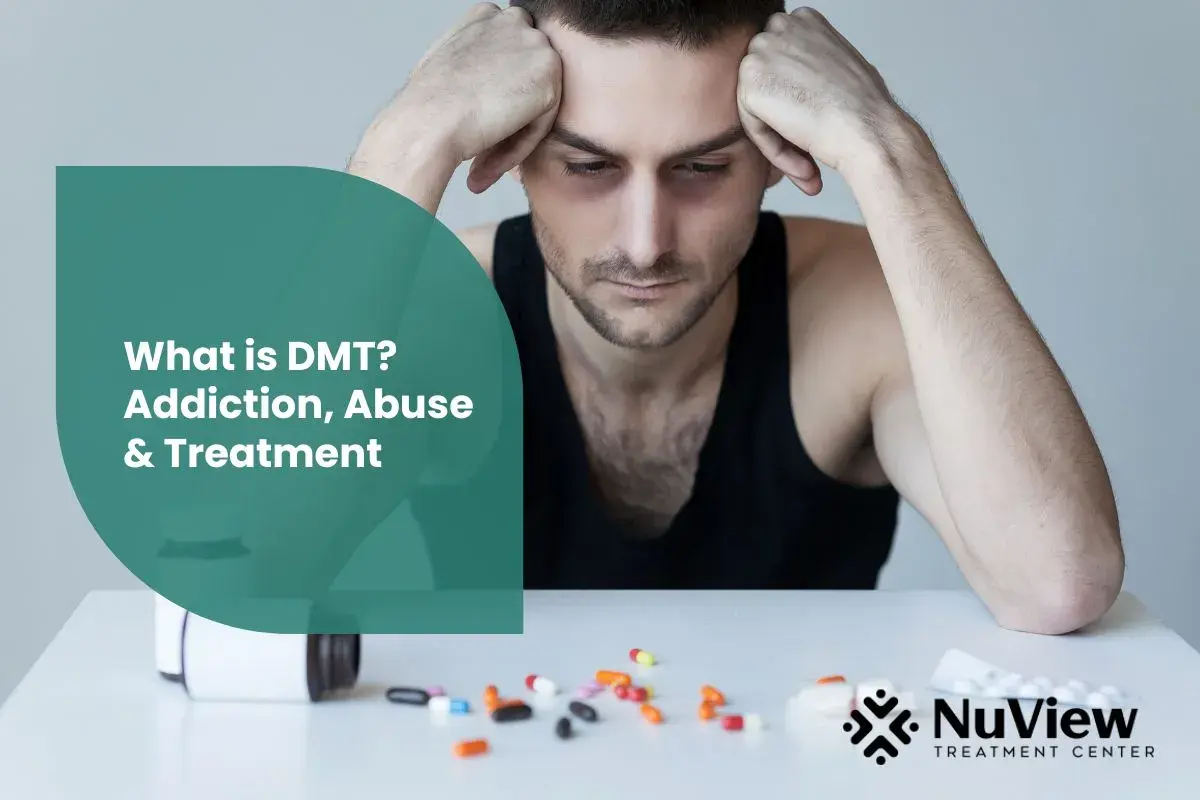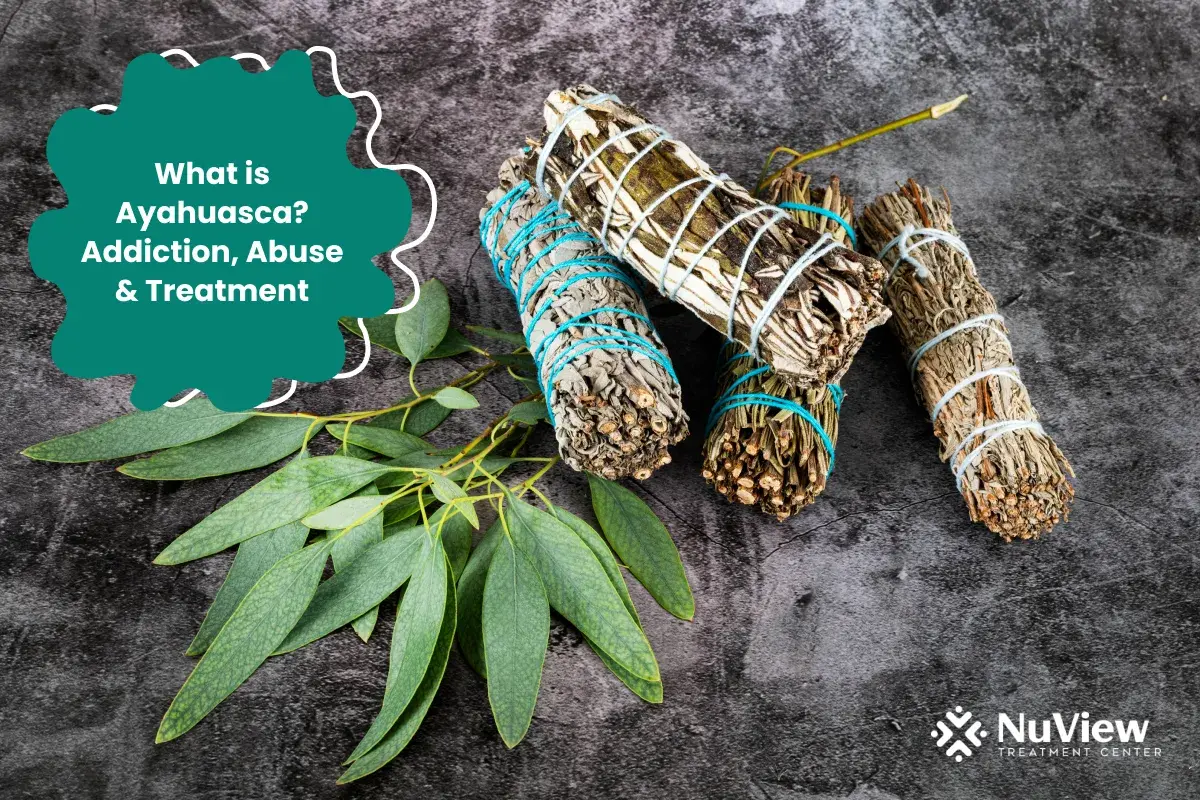Roxanol, also known by its generic name morphine sulfate, is a synthetic opiate drug related to morphine and codeine. It falls under the Roxanol drug class of analgesic medications, producing effects similar to other opiate drugs.
While Roxanol dosage is often prescribed for pain management after surgery, injury, or illnesses like cancer, it can be extremely addictive if not taken as directed. In fact, many individuals who take Roxanol for medicinal purposes find it challenging to cease its use.
What is Roxanol?
Roxanol, sometimes mistakenly referred to as Roxinol or Roxanal, is a potent oral solution of the narcotic analgesic morphine sulfate. It is prescribed to manage severe, chronic pain effectively
Medical Name – Morphine sulfate (Roxanol generic name)
Street Names – Oxy, Morphone, Roxies, Roxicodone, Wacker
Is Roxanol the Same as Morphine?
Yes, both are the same because Roxanol is a more concentrated liquid form of morphine sulphate. It still might be confusing to distinguish between them because while all Rexanol products are Morphine, not all Morphine products are Rexanol.
When comparing Roxanol vs Morphine, it’s important to know that Roxanol is simply a liquid form of morphine used for fast-acting pain relief.
Is Roxanol Addictive?
Yes, Roxanol is addictive. Roxanol is a highly concentrated form of morphine sulfate, which is an opioid pain medication used to alleviate pain in terminal patients. Roxanol is a potent drug that can lead to addiction, especially when used for an extended period or in higher doses than prescribed.
Roxanol addiction can cause adverse side effects, and individuals who develop a tolerance to the drug may also develop a dependence on it. Withdrawal symptoms can occur when someone who is addicted to Roxanol stops taking the drug, and these symptoms can be severe and uncomfortable.
What Causes an Addiction to Roxanol?
Roxanol, like many other opiate drugs, has a potent effect on the brain's reward system. When consumed, it can produce feelings of euphoria and pain relief, making it a sought-after medication for pain management.
However, the properties that make it effective for pain relief also contribute to its potential for addiction. Let's delve deeper into the factors that can lead to Roxanol addiction:
- Brain Chemistry: Roxanol interacts with the brain's opioid receptors, leading to increased dopamine levels. Dopamine is a neurotransmitter associated with pleasure, reward, and motivation. Over time and with repeated use, the brain starts to rely on Roxanol to release dopamine, leading to increased cravings and the desire to consume more of the drug.
- Self-medication: Some individuals might start using Roxanol not just for physical pain but also to cope with emotional or psychological distress. This self-medication can create a psychological dependence on the drug, making it harder for individuals to stop using even when they no longer need it for pain.
- Tolerance: As with many drugs, the body can develop a tolerance to Roxanol. This means that over time, a person might need to take larger doses to achieve the same pain-relieving effects. This increased dosage can accelerate the path to addiction.
- Genetic Factors: Some studies suggest that individuals with a family history of addiction might be more susceptible to developing an addiction themselves. Their genetic makeup could make them more prone to the addictive properties of drugs like Roxanol.
- Mental Health: Individuals with anxiety, depression, or other mental health disorders might be at a higher risk of developing a Roxanol addiction. The drug's calming effects can be particularly enticing to those looking for relief from their mental health symptoms.
- Peer Pressure: Being in an environment where drug use is frequent and normalized can increase the chances of an individual misusing Roxanol. Peer pressure can play a significant role, especially among younger individuals.
- Easy Accessibility: If Roxanol is easily accessible, either through prescriptions or illicit means, the chances of misuse and eventual addiction increase. Over-prescription by healthcare professionals or purchasing the drug on the black market can contribute to its widespread misuse.
- Lack of Knowledge: Not fully understanding the addictive potential of Roxanol can lead individuals to misuse it. They might believe that since it's a prescription medication, it's safe for consumption without realizing the risks associated with prolonged or unsupervised use.
While Roxanol serves a crucial medical purpose, its potential for addiction is undeniable. Multiple factors, both internal and external, can contribute to an individual's path to addiction. Recognizing these factors and being informed can play a vital role in prevention and early intervention.
Get Started With Nuview Treatment Center
Our dedicated professional staff is here to guide you or your loved one on the journey to lasting recovery, offering support every step of the way.
What Are the Side Effects of Roxanol Addiction?
The side effects of Roxanol addiction can include both short-term and long-term effects.
Short-term side effects of Roxanol addiction may include:
- Nausea and vomiting
- Flu-like symptoms such as chills, fever, diarrhea, and joint pain
- Stomach pain
- Watery eyes
- Convulsions
- Anorexia
- Increased blood pressure
Long-term side effects of Roxanol addiction may include:
- Addiction
- Tolerance
- Dependence
- Cognitive impairment
- Psychosis
- Depression
- Anxiety
- Paranoia
- Suicidal thoughts
It is important to note that Roxanol overdose can have severe side effects, including respiratory depression, loss of consciousness, seizures, and damage to the liver and brain. If you suspect an overdose, it is crucial to seek emergency medical attention immediately.
What Are the Signs and Symptoms of Roxanol Addiction?
Recognizing the signs and symptoms of Roxanol addiction is vital. These can manifest both physically and psychologically:
Physical signs:
- Nausea
- Trouble breathing
- Sweating
- Diarrhea
- Poor or slowed heartbeat
- Fever
- Restlessness
- Muscle spasms
Psychological signs:
- Mood swings
- Paranoia
- Confusion
- Hallucinations
- Loss of control over
- Roxanol usage
- Loss of interest in significant activities
Risks and Dangers of Roxanol Misuse
Morphine sulfate, if misused and taken in higher doses, can lead to potentially serious and life-threatening risks. Some of these are discussed below-
- Respiratory Depression (Slowed or Stopped Breathing)
- Overdose Risk
- Physical Dependence and Addiction (Increased Tolerance)
- Withdrawal Symptoms
- Negative Impact on Mental Health
- Dysfunction in Daily Life
Get Started With Nuview Treatment Center
What Are the Withdrawal Symptoms of Roxanol Addiction?
The withdrawal symptoms may include nausea, vomiting, diarrhea, anxiety, muscle aches, and intense cravings for the drug. Opioid withdrawal can be highly uncomfortable and distressing.
Research shows that opioid withdrawal symptoms are a result of the body's physical dependence on the drug and the abrupt cessation of its effects.
Other withdrawal symptoms may include:
- Restlessness
- Watery eyes
- Convulsions
- Profuse sweating
- Widened pupils
- Chills
- Anorexia
Can You Overdose on Roxanol?
Yes, it is possible to overdose on Roxanol, which is a brand name for morphine. An overdose of morphine can lead to serious symptoms, including respiratory depression, coma, difficulty breathing, and even death. If an overdose is suspected, it is crucial to seek immediate medical attention by calling emergency services.
Treatment for a morphine overdose may involve providing oxygen, intubation, and in some cases, the use of the antidote naloxone. It's important to note that morphine overdoses can be fatal and require prompt medical intervention
If you suspect a Roxanol overdose, you must seek emergency medical attention immediately by calling 911.
Dangers of Mixing Roxanol with Alcohol or Other Substances
Mixing Roxanol with alcohol or other substances is extremely hazardous. Both opioids and alcohol depress the respiratory system, and combining them can lead to severe breathing difficulties, coma, or even death.
Evidence emphasizes the critical risks of combining opioids like Roxanol with other substances due to the potential for life-threatening interactions. If you or someone you know is taking Roxanol, it's important to follow medical advice and avoid any substance combinations that could compromise your health and safety.
How is Roxanol Addiction Treated?
Roxanol addiction is a serious condition that requires professional treatment. Here are some common treatment options for Roxanol addiction:
- Outpatient rehabilitation: Outpatient rehabilitation is a treatment program that allows individuals to receive treatment while living at home. Outpatient rehabilitation can include counseling, support groups, and medication-assisted treatment.
- Counseling and therapy: Counseling and therapy can help individuals address the psychological and emotional aspects of addiction. Therapy can help individuals develop healthy coping strategies, manage cravings, and address underlying issues contributing to drug use.
- Medication-assisted treatment: Medication-assisted treatment involves the use of medications, such as methadone, buprenorphine, or naltrexone, to manage withdrawal symptoms and reduce drug cravings.
- Support groups: Support groups, can provide a sense of community and emotional support for individuals going through Roxanol addiction treatment. Being surrounded by non-using peers can be helpful in the recovery process.
Frequently Asked Questions
What is the Primary Use of Roxanol?
Roxanol is primarily prescribed for pain management, especially following surgeries, injuries, or illnesses like cancer. Its analgesic properties help alleviate pain, making it a valuable medication in specific medical contexts.
Is Roxanol the Same as Morphine?
While Roxanol is related to morphine and is also known as morphine sulfate, they are distinct drugs. Both belong to the opiate class, but they have different chemical structures and uses.
What Are the Side Effects of Roxanol?
Roxanol can cause various side effects, including nausea, trouble breathing, mood swings, and paranoia. It’s essential to monitor for these effects and consult a doctor if they persist or worsen.
What Are the Risks of Roxanol Overdose?
Roxanol (morphine sulfate oral solution) overdose can result in severe respiratory depression, unconsciousness, and even death. The depressant effects of opioids like Roxanol on the central nervous system can be life-threatening in overdose situations. Immediate medical attention is essential if a Roxanol overdose is suspected.
How Quickly Can Someone Become Addicted to Roxanol?
Roxanol can lead to physical and psychological dependence rapidly due to its interaction with the brain’s reward system. Regular and unsupervised consumption increases the risk of addiction.
Is Roxanol the Only Name for This Drug?
No, Roxanol has multiple names, including its generic name, morphine sulfate, and street names like Oxy and Roxies. It’s crucial to be aware of these names to identify the drug in various contexts.
Are There Treatment Centers Specialized in Roxanol Addiction?
Yes, there are specialized centers like NuView Treatment Center in Los Angeles that focus on Roxanol addiction. These centers offer tailored treatment plans to help individuals overcome their addiction.
What Should One Do If They Suspect a Loved One Is Addicted to Roxanol?
It’s essential to approach the situation with empathy and understanding, encouraging the individual to seek professional help. Early intervention can make a significant difference in the recovery process.
- What is Roxanol?
- Is Roxanol the Same as Morphine?
- Is Roxanol Addictive?
- What Are the Side Effects of Roxanol Addiction?
- What Are the Signs and Symptoms of Roxanol Addiction?
- Risks and Dangers of Roxanol Misuse
- What Are the Withdrawal Symptoms of Roxanol Addiction?
- Can You Overdose on Roxanol?
- Dangers of Mixing Roxanol with Alcohol or Other Substances
- How is Roxanol Addiction Treated?
- Frequently Asked Questions
- What is Roxanol?
- Is Roxanol the Same as Morphine?
- Is Roxanol Addictive?
- What Are the Side Effects of Roxanol Addiction?
- What Are the Signs and Symptoms of Roxanol Addiction?
- Risks and Dangers of Roxanol Misuse
- What Are the Withdrawal Symptoms of Roxanol Addiction?
- Can You Overdose on Roxanol?
- Dangers of Mixing Roxanol with Alcohol or Other Substances
- How is Roxanol Addiction Treated?
- Frequently Asked Questions
Get Help Today!
Everyone is Welcome Here and We All Have Your Back
Your healing journey deserves a personalized approach. At NuView, we integrate expertise in behavioral therapy, mental health, and substance use treatment to create a customized recovery plan tailored to your unique needs.
Connect with our Admissions Specialists today.







Written By
Dr. Ryan Peterson